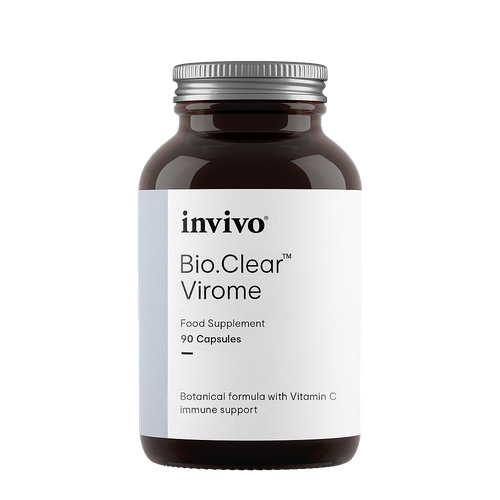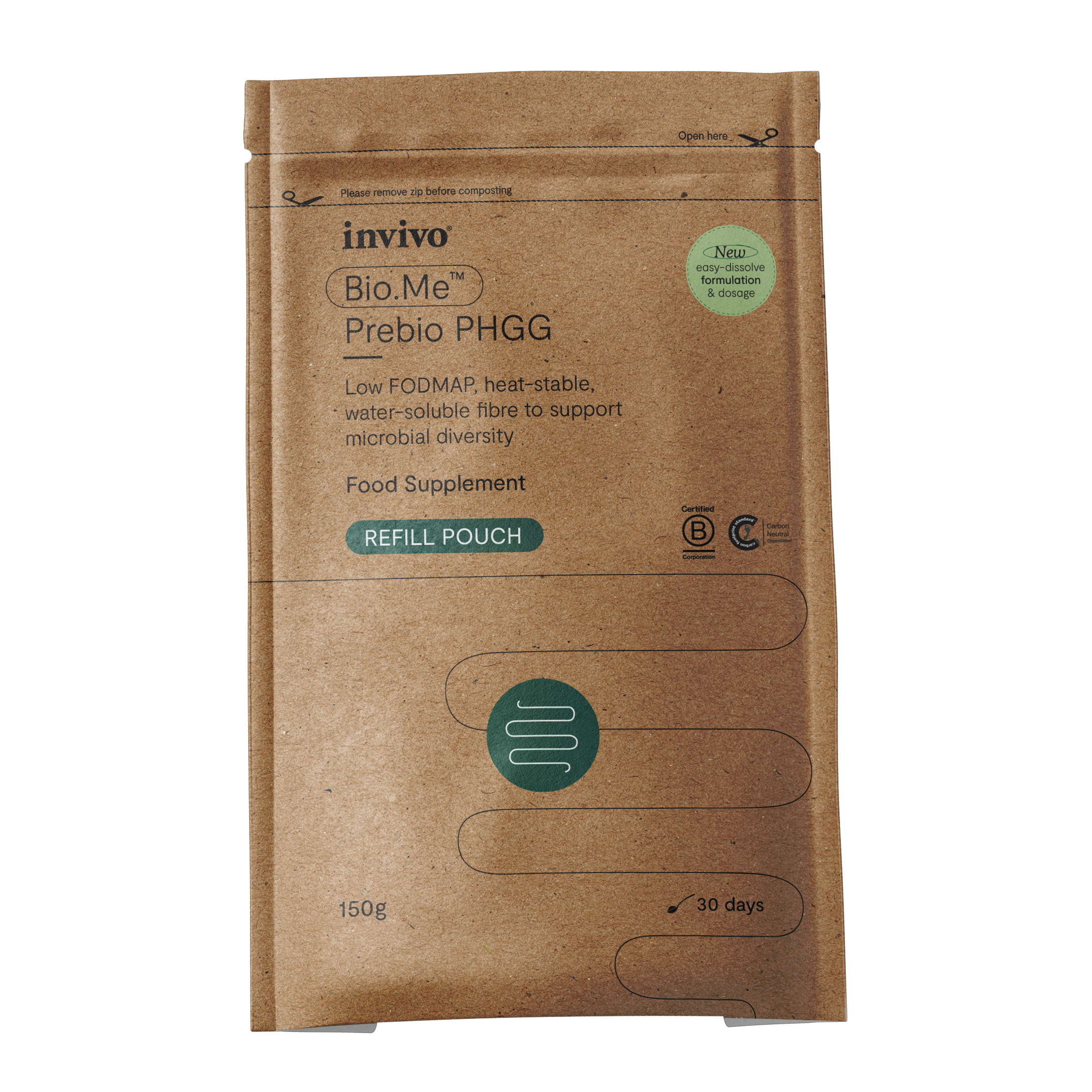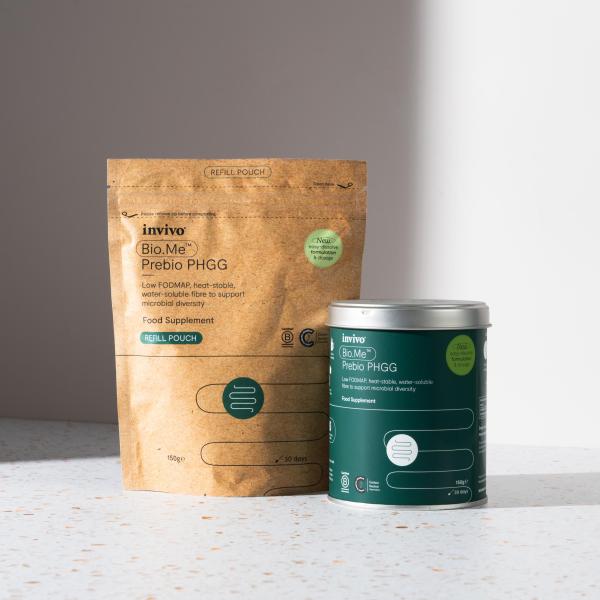Common Emulsifiers May Cause Colitis Metabolic Syndrome And Obesity

Relatively low concentrations of polysorbate 80, a commonly used emulsifier in supplements and foods, has been shown to induce GI-disturbance, IBD, low-grade inflammation, obesity and metabolic syndrome.
Polysorbate 80, which also goes by E433, is a nonionic surfactant and emulsifier often used in foods, cosmetics, vaccines and pharmaceutical drugs, especially in the nanoparticle and liposomal delivery of medication and nutrients.
In a recent in vivo murine study, relatively low concentrations of polysorbate 80 were shown to induce the above conditions. These were associated with microbiome encroachment, altered species composition including increases in pro-inflammatory Proteobacteria (measured by q-PCR), reduced mucus thickness and increased pro-inflammatory potential. The authors postulate that use of emulsifying agents might be contributing to the increased societal incidence of obesity/metabolic syndrome and other chronic inflammatory diseases.
Gut permeability
Exposure to emulsifiers increased feacal levels of bioactive LPS, flagellin and increased gut permeability in mice populations, which correlated with increased levels of serum antibodies to flagellin and LPS (an additional marker of gut permeability). Thus, chronic exposure to dietary emulsifiers resulted in erosion of the protective function of the mucus, increased bacterial adherence, and a more pro-inflammatory microbiome.
A separate study showed polysorbate 80 induced mitochondrial dysfunction in a time- and concentration- dependent manner in enterocytes [human colon carcinoma (Caco-2) cells]. The emulsifier reduced the mitochondrial membrane potential and thus reduced ATP production and electron transport chain activity. This subsequently increased the permeability in the GI tract.
Colitis
The authors assessed the following markers of active colitis: presence of immune cell infiltrates, changes in gross colon morphology, elevated levels of myeloperoxidase (MPO), and pro-inflammatory markers. While polysorbate 80 did not induce overt colitis in all mice, it did result in subtle histopathologic and gross evidence of chronic intestinal inflammation, including epithelial damage and shortened colons. Thus, in susceptible hosts, polysorbate 80 had the ability to promote robust colitis, while in all mice, it promoted low-grade inflammation.
Polysorbate 80 has been shown to integrate within cell membranes, altering their microviscoslity, which makes sense considering they are detergents and are amphiphilic, therefore can combine with water and fat.
Polysorbate 80 was also shown to alter faecal levels of short chain fatty acids, including decreased levels of butyrate, and reduced bile acid levels, both of which influence the composition of the microbiome and are implicated in chronic inflammatory conditions.
Metabolic Syndrome
Since metabolic syndrome is associated with, and may be promoted by, low-grade, chronic inflammation, the authors examined whether emulsifier-induced microbial dysbiosis and low-grade inflammation could promote the condition. Polysorbate 80 resulted in modest, but significant gains in overall weight, increased adiposity and impaired glycemic control (as measured by fasting blood glucose concentration and glucose/insulin tolerance testing).
As little as 0.1% polysorbate 80 (dilution in water) resulted in evidence of low-grade inflammation and increased adiposity, while 0.5% resulted in mild dysglycemia. While additional studies are needed to determine whether polysorbate 80, and other emulsifiers, such as carboxymethylcellulose (also reviewed in this study with similar effects) impact human health, observations in mice suggest that commonly used emulsifiers/surfactants may have contributed to the post-mid 20th century increased incidence of IBD, metabolic syndrome and chronic disease.
Clinically, it may therefore be prudent to ensure recommended supplements do not contain added emulsifiers and surfactants, especially among susceptible individuals. The additive amount of these excipients is hard to quantify seeing as they are commonplace in foods (even those marketed as ‘healthy’), cosmetics and supplements. It is also important to note that in commercial food production, polysorbate 80 has been combined with carrageenan into a single food additive, which need only be labelled as ‘carrageenan’. Carrageenan has been linked with GI inflammation, cancer and diabetes.
References:
Chassaing, B., Koren, O., Goodrich, J. K., Poole, A. C.,
Srinivasan, S., Ley, R. E., & Gewirtz, A. T. (2015). Promoting Colitis and
Metabolic Syndrome. Nature, 519(7541), 92–96.
https://doi.org/10.1038/nature14232
Lu, Y., Wang, Y.-Y., Yang, N., Zhang, D., Zhang, F.-Y., Gao, H.-T., … Xu, Q. (2014). Food Emulsifier Polysorbate 80 Increases Intestinal Absorption of Di-(2-Ethylhexyl) Phthalate in Rats. Toxicological Sciences, 139(2), 317–327. https://doi.org/10.1093/toxsci/kfu055



